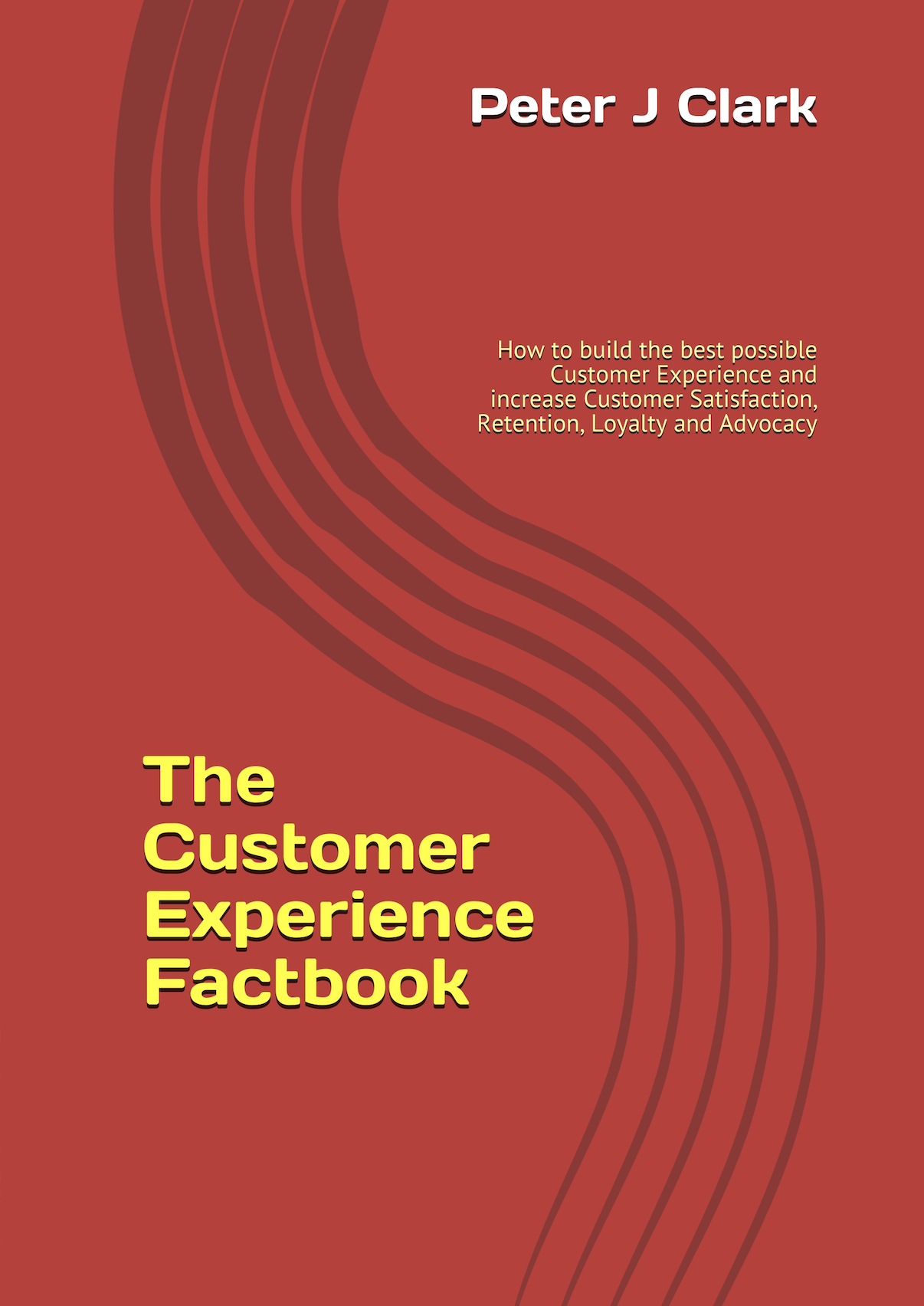Only 40% of companies think they're good at personalisation
Can technology help us respond better to customer needs?
Organizations that create truly personalized experiences for their customers are more likely to be successful, according to research from NTT DATA and Oxford Economics. Yet despite this finding, very few of the executives surveyed said they are prioritizing personalized digital experiences, or even fully understand its connection with customer satisfaction and loyalty.
The research report, entitled 'Innovation Index: Digital Strategies for an Era of Constant Disruption', surveyed 1,000 business and IT executives across 16 industries to examine the external forces and digital trends driving their business. Out of the findings, 66% said increasing customer satisfaction is their number one priority, but 57% believe their biggest challenge to providing high-quality customer experiences is that customer wants and needs change too quickly.
"Your customers don't have to be a mystery to you," said Lisa Woodley, Vice President of Digital Experience at NTT DATA Services. "If your customers' wants and needs are changing too quickly, it tells us that you don't know them very well to begin with. Organizations must prioritize personalization using data insights and AI to inform experience delivery, as well as modernize their applications strategy."
Only 39% of executives consider digital experiences to be critical to satisfaction and loyalty, but 66% said increasing customer satisfaction is their number one priority, highlighting a lack of connection between customer loyalty, digital experience and customer satisfaction.
Technology enables customer loyalty and satisfaction
Customers want speedy, friction-free personalized service at their fingertips. The study shows that speed of service and quality are the top two critical factors for ensuring customer satisfaction. Mobile apps are especially useful in achieving this, with almost 60% of organizations that have adopted mobile apps saying they see value in improving experiences. Additionally, 59% have improved customer satisfaction and 15% have helped to increase customer loyalty with the use of mobile apps.
Loyalty goes beyond just mobile apps though. While emerging technologies hold much potential to drive loyalty, adoption of these technologies varies amongst leaders. For example, only an elite group of just 6% of leaders use artificial intelligence- Internet of Things and predictive analytics - to improve the customer experience by supporting customer-facing processes and services. The research shows these efforts are paying off, with these leaders 35% more likely to report annual revenue growth of 5%.
Data as an asset, privacy and security are table stakes
Protecting customer data continues to be a top priority, and 95% of those surveyed report their organizations are either somewhat or highly effective at maintaining trust in privacy and security. But, only 24% of respondents say they're highly effective at sharing data with partners, which means they miss out on opportunities to build connected experiences and gain more complete customer profiles through shared data.
Data quality is another pressing concern many leaders face, with only 30% stating they believe the data they collect from customers is useful. Additionally, nearly one-third say a growing unwillingness by customers to share their information is a challenge to effectively using that data to improve experiences.
"Organizations that want to implement successful digital experiences must focus on putting customers first, doubling down on actionable data and connecting the customer ecosystem for real-time journey management," concluded Woodley.
Sources: NTT DATA; Oxford Economics / The Marketing Factbook.
Copyright © 2022 - 2025 The Marketing Factbook.
Categorised as:
- Customer Experience
- Customer Loyalty
- Knowing The Customer
- Marketing Know-How
- Marketing Technology
